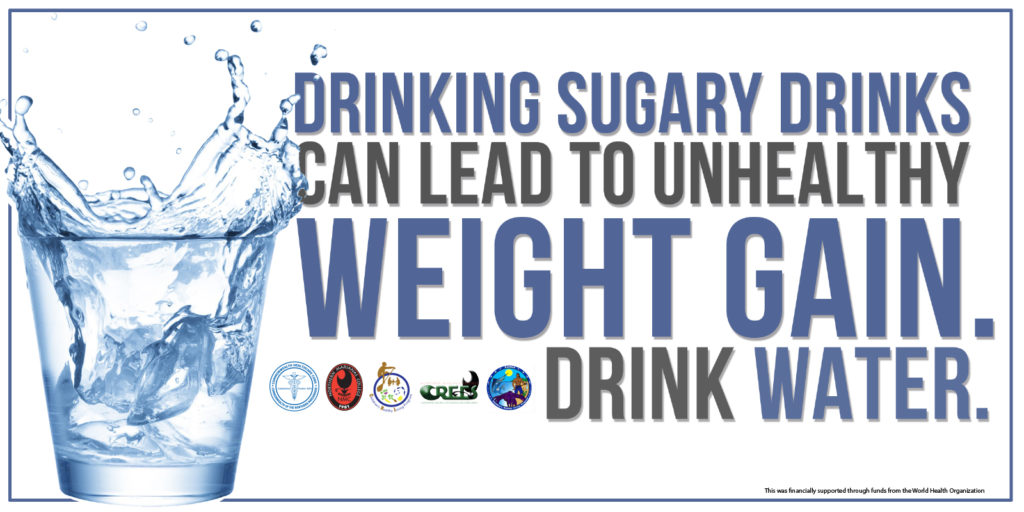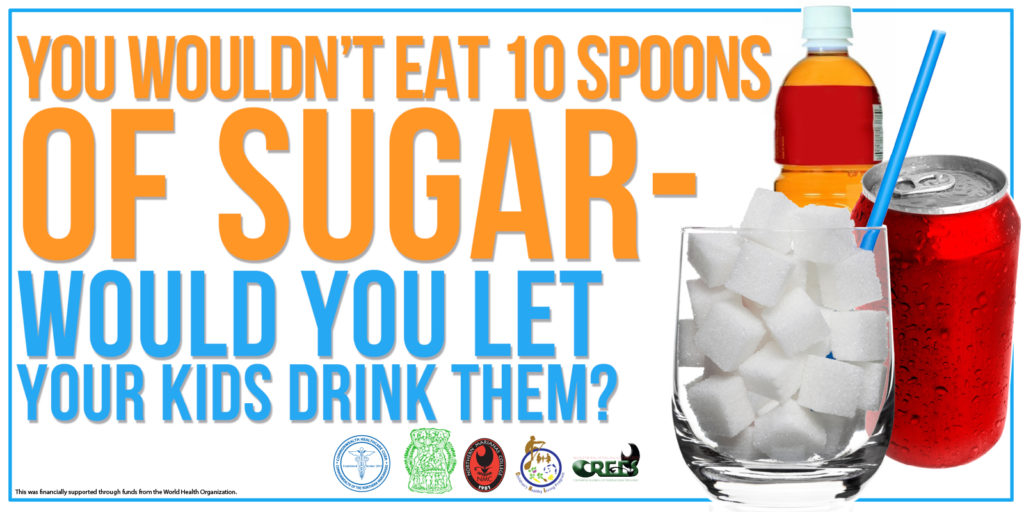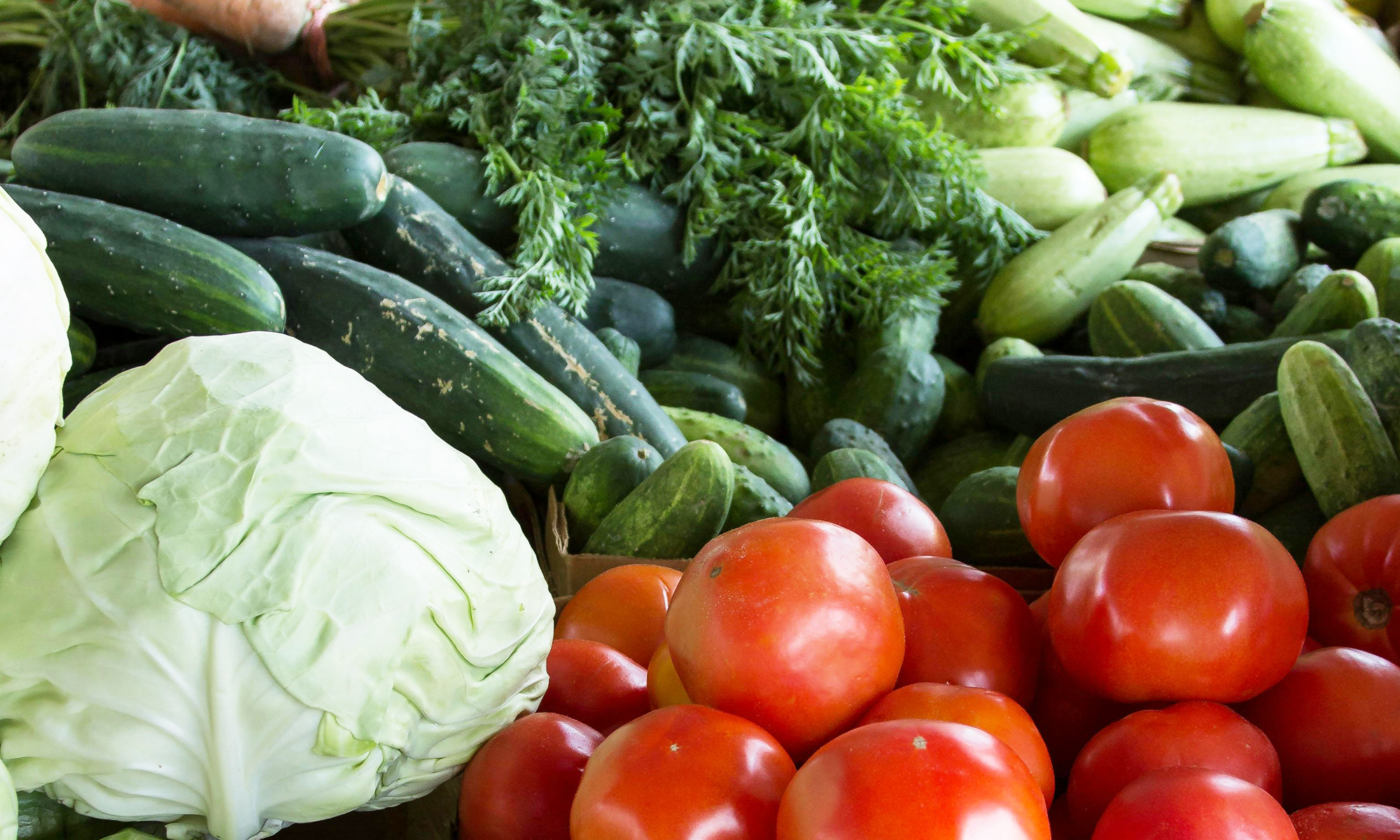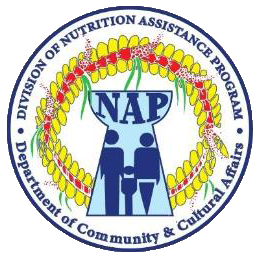ABOUT US
The Nutrition Assistance Program, also known as the Food Stamp Program is administered under the auspices of the Department of Community & Cultural Affairs. The Nutrition Assistance Program was established on July 2, 1982 after the enactment of CNMI public laws, Public Law 1-28 and Public Law 2-14. The Nutrition Assistance Program was developed as a safety net to help safeguard the health and well-being amongst low-income residents of the Commonwealth. The Nutrition Assistance Program, commonly called the “NAP,” is funded through a block grant that is 100% federally funded. The rules governing the NAP are inscribed in the Memorandum of Understanding negotiated annually between the U.S. Department of Agriculture – Food and Nutrition Service and CNMI Government.
The purpose of the NAP is to assist low-income residents and families buy the food they need for good health. The NAP provides food stamps as a supplement to low-income or no income households to purchase food for a healthy diet. The CNMI NAP is unique in which the food stamps issued to eligible households are allotted in ratio of 70/30. 70% of the total benefits (Regular) and 30% (Local) shall be used to purchase food for consumption. Regular Coupons are used to purchase food imported to the CNMI, while Local Coupon is strictly for local food that is processed locally. This helps the local economy. Food Stamp can be used to purchase seeds and plants which produce food for consumption. Food stamps can be used to purchase farming and gardening supplies such as eligible seeds, food plant-cuttings, fertilizers, hoes, rakes, sickles, and shovels. Also, fishing equipment such as eligible nets, spears, knives, fish lines, fish hooks, harpoons, diving masks, goggles, underwater flashlights, fishing rod and reels as well as livestock. These were intended for food self-sustainability and promoting physical activity.
The NAP promotes healthy lifestyle by encouraging nutrition education tips on its monthly newsletter. NAP collaborates with government agencies and private sectors in its advocacy efforts to promote preparation of healthy meals and diets and also receive outreach services such as personal health checks and family planning including other hosts of programs and services that are offered at the NAP offices for recipients’ benefits and opportunities.
Additionally, the NAP implements a mandatory work registration program for abled-bodied recipients to engage in employment search through the Employment Services office at the Department of Labor. Recipients ages 18 to 54 who are physically and mentally fit for employment, and who are not exempted from such requirement, are required to register with the CNMI Division of Employment Services every three months until they find employment.
The NAP authorizes and regulates retailers to ensure there is enough food security for recipients to purchase the food and eligible items they need. Retailers must meet program requirements in order to be authorized to accept NAP coupons and must comply with program rules.


Saipan Office:
Tel.: (670) 237-2800
Tel. (670) 433-9330
Fax. (670) 433-9330
Rota Office:
Tel.: (670) 532-9354
Fax: (670) 532-9351
©2025. CNMI Nutrition Assistance Program All Rights Reserved.

